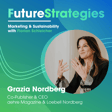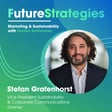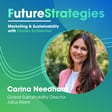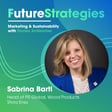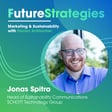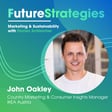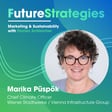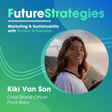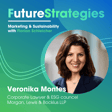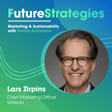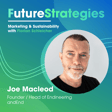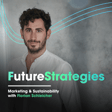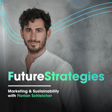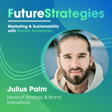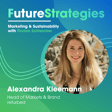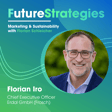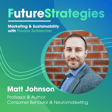
🚙 "We need to be tough" - Michael Schmidt about sustainability strategies (and the automotive industry)
Michael Schmidt from Virtual Identity is Creative Director and Mobility Industry Lead. After working in all agency positions - from design to creative to account management to strategy - he specialises in international digital communication strategies that involve digital-driven organisational change. Leading teams of up to 25 people, he is an expert when it comes to digital consulting capabilities from strategy, analytics, performance marketing, audience insights, as well as creative, art, copy, co-creation and change management.
Besides his marketing know how, he ponders with thoughts on autonomous mobility – the next digital driver of economic and societal change after the smartphone – and how to get active against the climate crisis.
So, are you curious to make your companies marketing ready for the future? Then I have the some simple and exciting options for you:
First, this is exactly what I do for my clients - I help them build their future strategies with workshops and sparring sessions.
I also have a very simple entry offer for founders and aspiring marketing experts: The Simple & Sustainable Marketing Academy, with a ridiculously cheap entry ticket price, because I love sharing what I have learned.
And if you enjoy reading: Check out my newsletter where I write about marketing, strategies and sustainability available every two weeks in the MarketingFutures newsletter.
About Florian Schleicher: I'm a marketing strategist - over the last 15 years I've led and helped shape marketing at McDonald's, Greenpeace and Too Good To Go. Now I help forward-thinking companies take their marketing to the next level.
With FutureS, the Impact Marketing Studio, I help brands achieve their goals and sustainable growth. All without the usual hustle.
